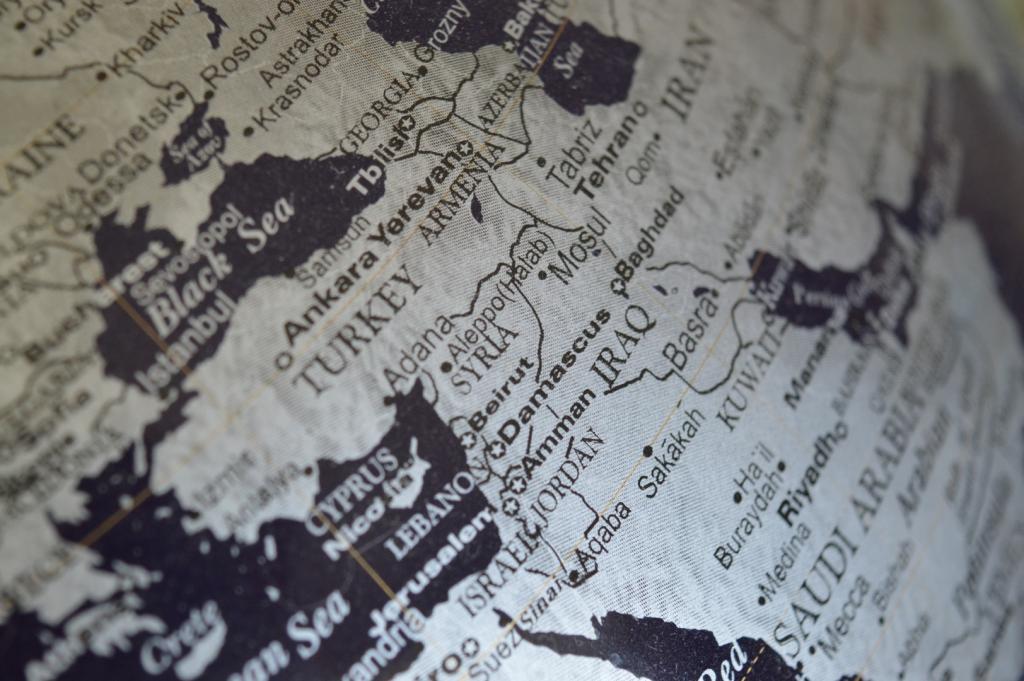Since the outbreak of the conflict in Syria, the humanitarian situation in the region has drastically deteriorated. Violence and conflict are the primary causes of the crisis, while disrupted livelihoods exacerbate the plight of civilians. The population in Syria struggles to access clean water, food and basic services which has resulted in millions of people depending on humanitarian aid and protection. These challenges have become even more marked in light of the COVID-19 pandemic.
Notwithstanding the immense political, safety and security considerations, a concerted programme of humanitarian assistance prevails across the whole of Syria. International finance and humanitarian assistance mobilised to date is in the EUR billions. However, the combined effect of the conflict, compliance concerns and the presence of financial sanctions has eroded the ability for humanitarian actors to facilitate international payments into Syria.
Consequently, the Compliance Dialogue on Syria-Related Humanitarian Payments was convened by the Graduate Institute, under the direction of Dr Erica Moret (Senior Researcher at the Global Governance Centre and Chair of the Geneva International Sanctions Network). It was supported and funded by the Swiss Government, through the Swiss Agency for Development and Cooperation (SDC) as well as supported by the European Commission, Directorate General for European Civil Protection and Humanitarian Aid Operations (DG ECHO), UK Department for International Development (DFID) and the World Bank. Dr Justine Walker served as the key expert and was tasked with drafting supporting documents.
Building on earlier studies and consultations, participants were brought together to ensure a balance of representation from the financial sector, NGOs, humanitarian actors, key donor governments and regulatory authorities. Discussions were aimed at identifying mechanisms within the existing legal framework (sanctions regimes, national legislation etc.) in order to promote safe and transparent banking and payment channels in support of permissible international humanitarian activity to, and within, Syria.
The group met four times over a 12-month period in 2019-2020 and offered commentary on the production of the Risk Management Principles Guide for Sending Humanitarian Funds into Syria and Similar High-Risk Jurisdictions. The non-binding guide, which holds no legal status, has been developed to offer background information and practical tips for how banks, humanitarian organisations, donors and national competent authorities can work together to ensure aid can reach civilians in need of assistance within Syria, and in a manner which is compliant with EU/ US/ UN sanctions plus wider regulatory obligations. Although primarily developed in the context of Syria, the principles contained within the guide offer a transferable framework for working together in other high-risk jurisdictions where sanctions, conflict and terrorist financing concerns are prevalent.
The Compliance Dialogue also benefited from the support of the wider team at the Graduate Institute, composed of Professor Thomas Biersteker in the early stages of the dialogue, Ms Clarissa Brack Burdeu, Nina Kiderlin and Maria Garzon Maceda.
For further information on this Compliance Dialogue mandate, please go to our related webpage.
Go to the Risk Management Principles Guidelines here.


